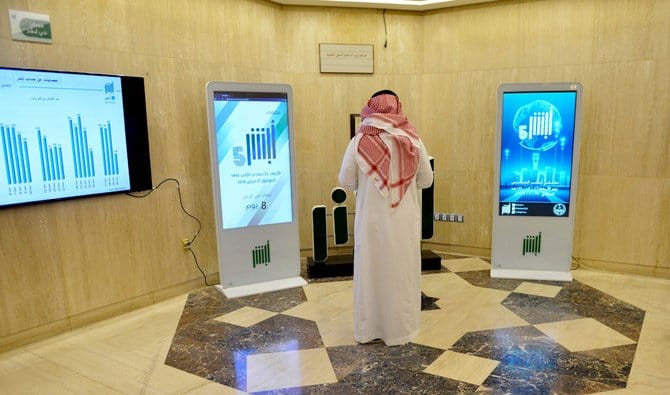The Arab region is undergoing its most significant economic transformation. Some Gulf countries seek to achieve their visions in digital transformation via long-term plans such as Saudi Vision 2030 and the UAE Vision 2030.
Technology and entrepreneurship play a significant role in this shift. The technology market in the GCC, especially in the UAE, has grown rapidly in recent years, migrating from a highly fragmented market of vendors, consulting firms, and system integrators to an ecosystem of large technology companies, service providers, and solutions that offer data analysis.
This growth has been phenomenal in some cities that aspire to become regional Technological Hubs.
Dubai
Dubai has risen as a regional and global player, and the city aims to be a technological leader as it prepares to host the world’s largest event, Expo 2020 Dubai. The city has various regional offices of major big global technology companies like Google and Microsoft and accelerators such as Techstars. In addition, Dubai is home to regional IT giants like Dubai Future Accelerators and some other international firms.
Abu Dhabi
Abu Dhabi, the capital of the United Arab Emirates, is diversifying its economy and working towards being a leading innovator by leveraging its vast resources and wealth. Hub71, Abu Dhabi’s global technology ecosystem, has announced a partnership with the Abu Dhabi Investment Team to assist startups in expanding their businesses to make a societal impact.
In terms of the economic benefits, startups offer innovative ideas to the business ecosystem.
Riyadh
Saudi Arabia is seeking to attract foreign companies to invest in the economy and establish regional offices in Riyadh. However, international companies will not secure government contracts by 2024 unless they maintain a presence in the kingdom, according to the government.
In February 2021, the Saudi Press Agency reported that 24 global firms had signed agreements to open regional offices in Riyadh.
Apple recently announced that Riyadh would be the headquarters of its “Apple Developer Academy,” its first branch in the Middle East and North Africa. At the same time, Google stated in 2018 that it was looking to open an office in the country to grow its cloud services.
Manama
Bahrain has an effective regulatory environment for technology, particularly after adopting several laws attracting information tech companies, such as data protection laws.
The Central Bank of Bahrain has launched several critical digital initiatives to implement a competitive tax system and allow up to 100 percent foreign ownership.
Bahrain is one of the top Middle Eastern countries for startups in financial technology, educational technology, and digital media. In addition, the city was named one of the world’s top five economic systems.
Among the technology companies that have recently joined Bahrain are: Transcend Travel Technology, a consultancy and technology solution for the travel sector, and the Digital Transformation Professionals ADTCs for software solutions, cloud computing services, “Blockchain,” the Internet of Things, and artificial intelligence.
Muscat
Like its Gulf Cooperation Council neighbors, Oman is making significant progress in establishing itself as an emerging technology hub. These technological targets for Oman are part of a more extensive policy vision known as the “Digital Oman Strategy 2030 or e-Oman.”
Muscat, Oman’s capital, is undergoing its economic transformation, with technology and entrepreneurship emerging. According to a Magnet report issued in April 2020, the Oman Technology Fund ranked first in the MENA with 108 investments.
It is apparent that some Arab Gulf countries, such as the UAE, are making significant progress and maintaining a major base to attract technology companies and support the entrepreneurship system. While other countries, such as Saudi Arabia and Bahrain, are seeking to develop and support the system through the development of stimulating legislation and laws and have begun to see the desired results.
This year is expected to see a significant increase in entrepreneurship, particularly given the liquidity offered to investors and funds. As a result, we may soon see the emergence of many companies in the region, particularly Fintech companies that have finally reached great success.








